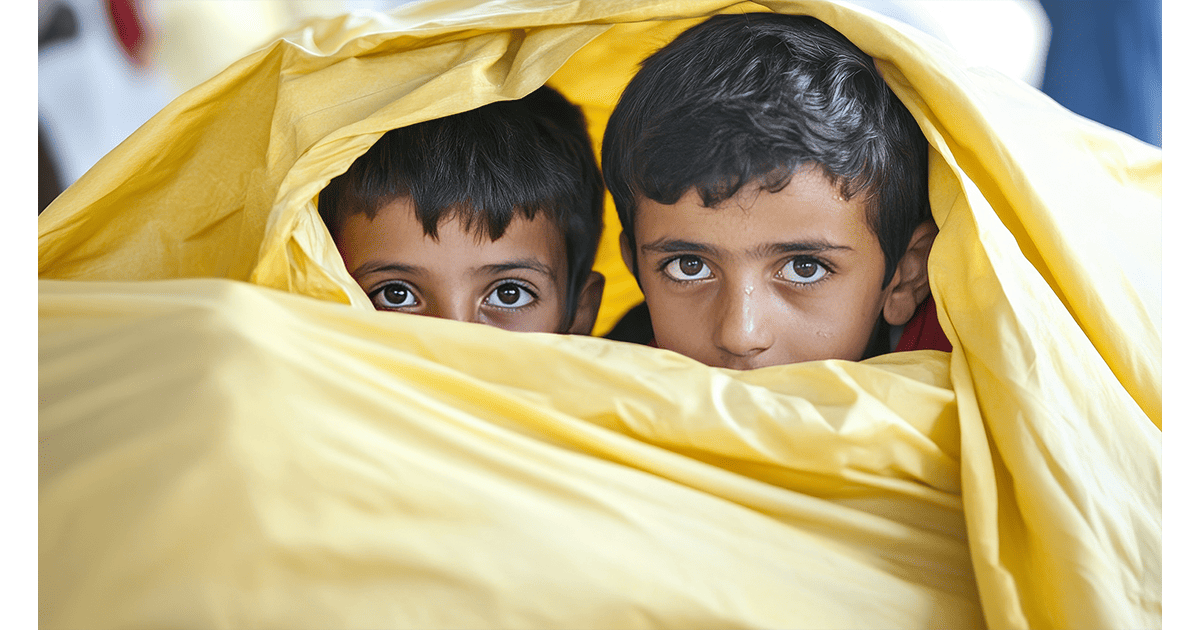Weekly Online Counseling for the LAU Community
The school of medicine launches weekly psychological counseling sessions to support LAU students, faculty, and staff during these challenging times.
To help LAUers cope with the profound emotional impact of the ongoing conflict, the LAU Gilbert and Rose-Marie Chagoury School of Medicine Office for Continuing Medical Education (CME), in collaboration with the School of Arts and Sciences, has launched a weekly Q&A psychotherapy webinar series led by healthcare providers from both schools.
“As a community, we need to support each other by sharing resources and expertise, which is exactly what this series aims to achieve,” said Associate Dean for Faculty Affairs and Development at the school of medicine Vanda Abi Raad, who moderated the sessions.
In the first webinar on September 26, titled Supporting Children and Families in Times of Crisis: Managing Panic and Anxiety, Associate Professor of Clinical Psychology Pia Tohme and Clinical Assistant Professor of Psychiatry Wael Salame addressed parents’ concerns about being honest with their children when discussing the daily impact of war—from sonic booms and explosions to what children hear from friends and on social media.
“For children between the ages of one and five, it’s important not to lie to them. Avoid creating stories, and keep explanations simple,” advised Dr. Tohme. “What matters most is validating their fear while reassuring them that they are safe with you.”
With adolescents, the approach is different. It starts by assessing how much they already know, and based on that, parents can either provide more information or clarify any misunderstandings.
“Don’t assume they are experiencing the situation the same way you are,” said Dr. Salame. “As a parent, setting the stage for open communication is key.”
In response to a question from attendees about how to explain the situation to children who have experienced war-related events firsthand, Dr. Tohme emphasized the importance of starting with an inquiry. “Begin by asking them what they saw. Acknowledge their feelings by saying something like, ‘That must have been scary. People are upset, and you were in a dangerous zone.’ Let them know that, as a parent, you are doing your best to keep them safe.”
Dr. Tohme advised keeping these conversations brief, allowing children time to process their emotions. It’s essential to monitor their behavior for signs of distress, such as increased irritability, tics, bedwetting, or nightmares. Only after observing these signs should parents consider encouraging further discussion. “Don’t pressure them to talk about it every day,” she cautioned. “Instead, address the questions they bring up when they feel ready.”
Following the significant turnout and interaction at the first session, a second session titled Dealing with Uncertainty was held on October 2. This session, which Dr. Salame and Dr. Tohme also delivered, explored the psychological impact of prolonged stress and uncertainty on individuals and families while providing practical tools and strategies to support emotional wellbeing.
“The natural response to uncertainty is fear; the first step to managing fear is defining it because it’s a subjective feeling,” said Dr. Salame. “Be specific when you’re conceptualizing the emotion, such as: Am I afraid I am not doing enough? Am I afraid of my house being burnt down?”
According to Dr. Tohme, once you assess your emotions, you can lower their intensity by focusing on what you can control. “Identifying small, concrete objectives within your household or considering who you involve in your support system can help you manage overwhelming emotions like fear,” she explained.
When asked about survivor’s guilt and how to alleviate it amidst the collective displacement and hardships of fellow Lebanese, Dr. Salame emphasized the importance of action. “This is a noble emotion, a sign that we are still holding on to our humanity,” he said. “One way to manage it is to ask ourselves what we can do to help—and then act on it.”
The sessions will be held online every Wednesday between 12:00 and 1:00 p.m., with the upcoming October 9 webinar tackling mental health at the workplace.
